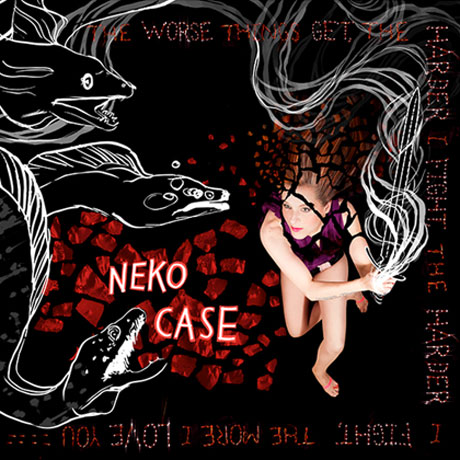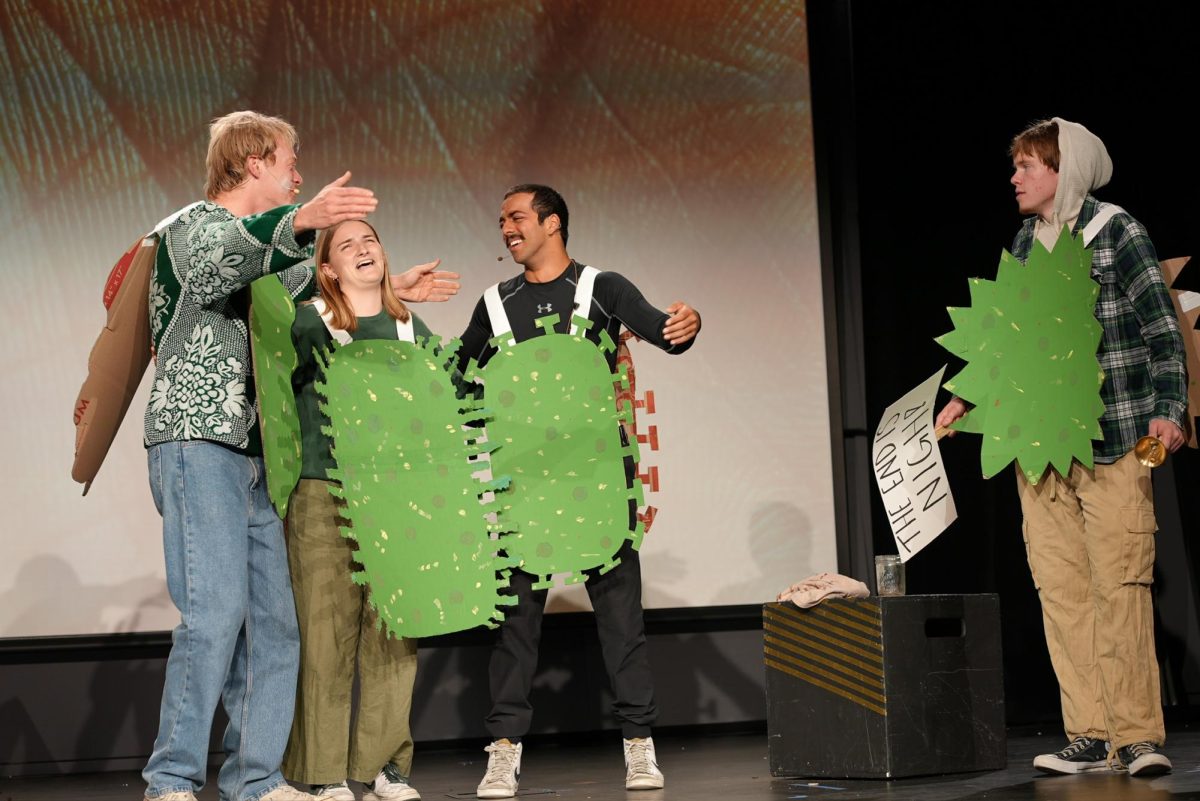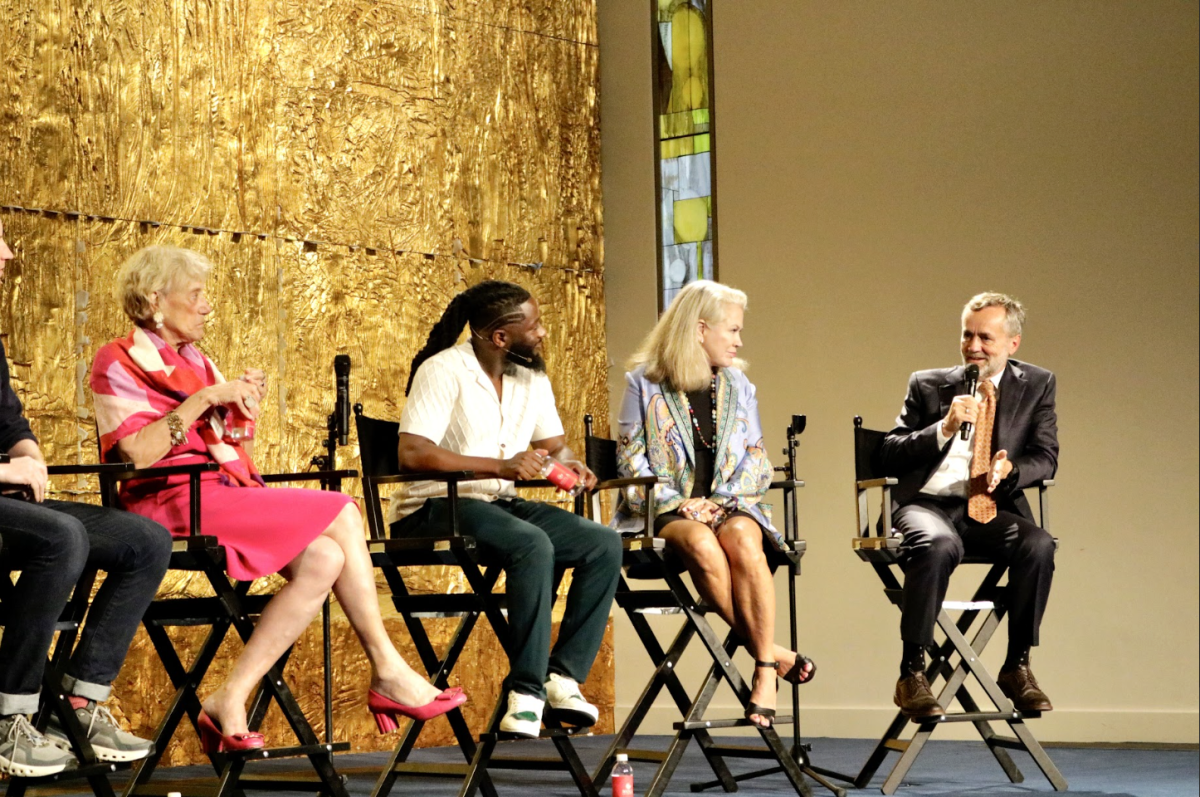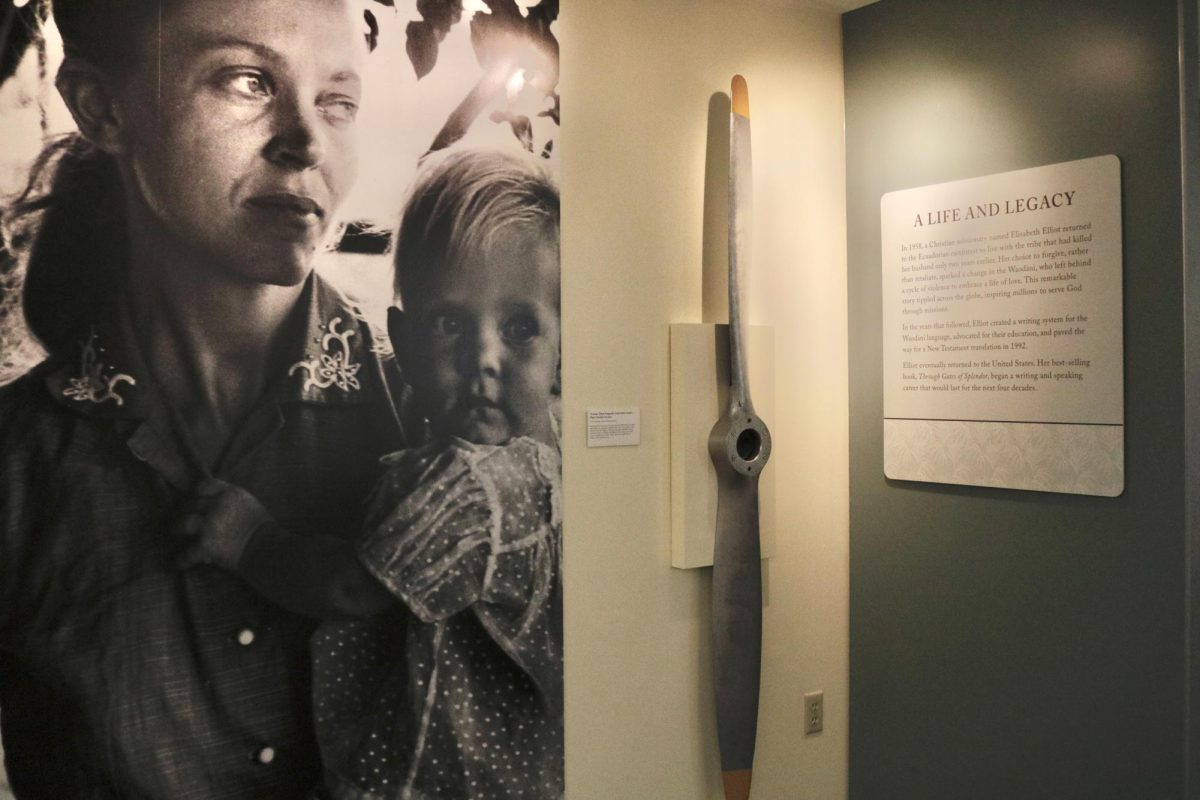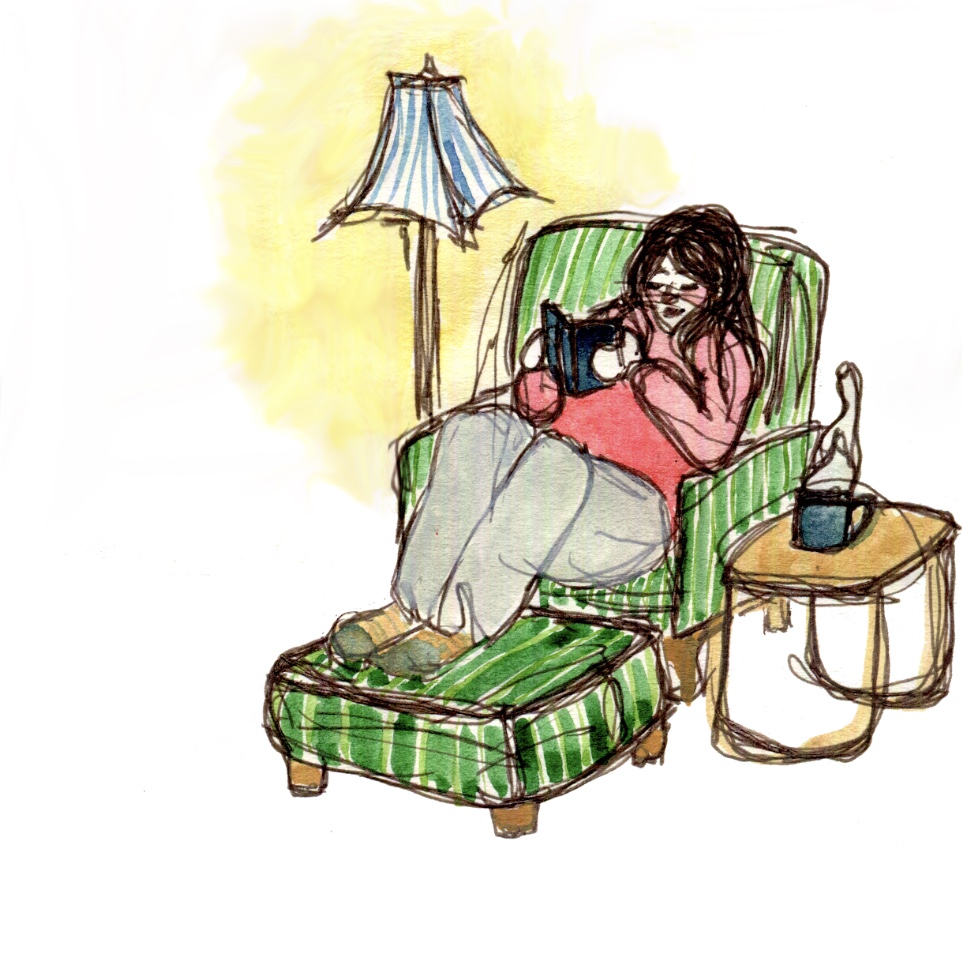Fiona Apple. Aimee Mann. Nico. Maybe we can even throw in Christine McVie and Stevie Nicks. There’s something to be said about the powerful women of music, indie rock or otherwise. They are the ones who prove misogyny has no room in the annals of musicology. This handful of women are sirens without malice, entrancing yet bereft of bad intent. “The Worse Things Get, The Harder I Fight, The Harder I Fight, The More I Love You” is Neko Case’s newest attempt to solidify her stature among their number, and it’d be wrong to say she doesn’t land with her feet planted on Olympus. But she’s still a ways away from the summit.
A MIX OF GRIEVANCE AND CELEBRATION
“The Worse Things Get” treads that precarious line between depressed slowness and upbeat optimism. Instead, it’s an experiment in lighthearted melancholy, levitated frustration. The album was penned after the death of her grandmother and both of her parents and the tone of the album shows it. She laments over the fact that her parents never really parented her to begin with, and the album comes across as confused. It’s colored by grievance mixed into a cocktail of celebration. The lyrical content of the album is disparate; this is not a swan song for her parents, but you can certainly feel a ghostliness haunting its every corner.
The record opens on “Wild Creatures,” a song which conjures up highland earnestness. Like most of the songs here, Case is less interested in literal expression than creating an impression through her words. If you’re looking for explicit meaning here, you’ll come up dry. Luckily, the mystery she leaves you with is even more compelling. In “Night Still Comes,” Case sings, “My brain makes drugs to keep me slow / A hilarious joke for some dead Pharaoh / But now not even the masons know / What drug will keep night from coming.” She doesn’t think she can keep night from coming either, but the presence of this kind of music in the world certainly makes it seem a little less foreboding.
A SELF-DEFINING ALBUM
“Man” is sure to be the album’s calling card. It’s the most subversive and catchy track here, an ode to gender-bending identity formation. “I’m a man’s man / I’ve always been / Make no mistake / I’ve invested in / The woman’s heart / Is the watermark / By which I measure everything.” Earlier on, Case makes clear “I am a man / I’m not an identity crisis,” and it poses an interesting question for listeners. In a world increasingly disinterested in traditional social and gender roles, what are we to make of claims like this?
On a biological level, Case is most definitely not a man, but this sort of self-definition is made with such certainty that it’d be awkward and inefficient to argue against her. What are we supposed to do? While we’re brewing over that, this song is catchier than most of what you’re going to hear this year. Plus, M. Ward adds a guitar solo.
“Nearly Midnight, Honolulu” and “Afraid” are both instrumentally sparse, primarily vocal arrangements and their minimalism is their strength. “Calling Cards” is one of the most achingly wistful and melancholy tracks on the album, slow-going and confident in that. The album-closer “Ragtime” is an old-soul walk on the boardwalk, classically endearing and plugged with all the right guitar chugs and organ arrivals.
Neko Case is one of our most talented female songwriters and “The Worse Things Get” is one of the most simple, classic and catchy releases of the year. Her songcraft here is inspiring and it should make any listener eager for what’s to come next!



